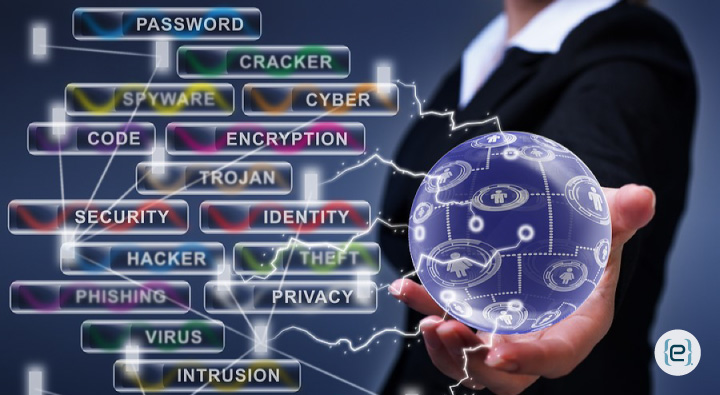Information is the lifeblood of your organization. It goes without saying that you want to keep it safe. Network security and cyber security are two strategies that can help you do it. Although both approaches safeguard data, they’re not the same. They actually differ in important ways, and knowing the difference matters. Continue reading to find out these distinctions.
What Is Network Security?
Network security protects an organization’s networking infrastructure. It includes the hardware and software that your company may use. This means network security professionals defend against any threats that may impact data traveling through a company network.
What Is Cyber Security?
Cyber security protects an organization from digital attacks. While this can include a company’s network, the protection is much broader. It includes any systems connected to the Internet, such as networks, mobile devices, and cloud architectures.
How Network Security and Cyber Security Differ
Understanding how network security and cyber security differ matters because it informs how you protect your data, respond to threats, and allocate resources. The following are some key contrasts you should know.

Types of Attacks
Organizations must protect themselves from a variety of threats to their information. Although there is some overlap, network security and cyber security address different types.
The threats commonly included in network security are malware, unauthorized access to the system, denial of service attacks, social engineering, and phishing.
Cyber security is also concerned with social engineering, malware, and phishing attacks. In addition, this type of security helps to protect organizations from ransomware, SQL injection, baiting, pretexting, and zero-day exploits.
Preventive Measures
Knowing how network security and cyber security differ matters because it gives you the opportunity to adopt the right preventive measures. Let’s take a look at the differences in these two approaches.
Network security. With network security, one common way information is protected is by controlling access. This may include creating usernames and passwords for employees.
Also, network security experts may create permissions for highly-sensitive data. This ensures that only people who need certain information have access to it.
Network security is also associated with protecting applications. These preventive measures include using firewalls, antivirus software, intrusion detection systems, and virtual private networks.
When using these types of tools for network security, it’s imperative that your organization is diligent about keeping them up to date.

Cyber security. With cyber security, prevention often includes education. This is because many threats to data involve social engineering. When hackers want access to sensitive information, they often don’t have to do anything more than manipulate people.
It’s important that your employees understand the types of shady tactics hackers use. Tell them not to respond to suspicious e-mails, give out information to people they don’t know, or click on links without inspection.
Also, teach employees best practices. Using a password manager, two-factor authentication, and a file-sharing solution are good habits that can protect your company from cyber threats.
Other preventive measures for cyber security include creating firewalls and using monitoring software that detect and block suspicious activity.
Data Protections
Network security and cyber security both protect your company’s information. But they differ in the types of data they protect.
Network security focuses on the data that is being transmitted through a network. When information is sent from one computer to the next, network security practices will keep it safe.
On the other hand, cyber security focuses on data that is stationary. This includes any information housed in servers and devices.
Ward Off Network and Cyber Threats
Network security and cyber security may differ in some ways, but they’re both important for the health of your company’s information. It may seem daunting, but you don’t have to tackle threats alone. The security experts at eMazzanti Technologies can help.
Contact us today to find out how we can help with your company’s network security and cyber security needs. We can fortify your systems to protect your data from various threats.






